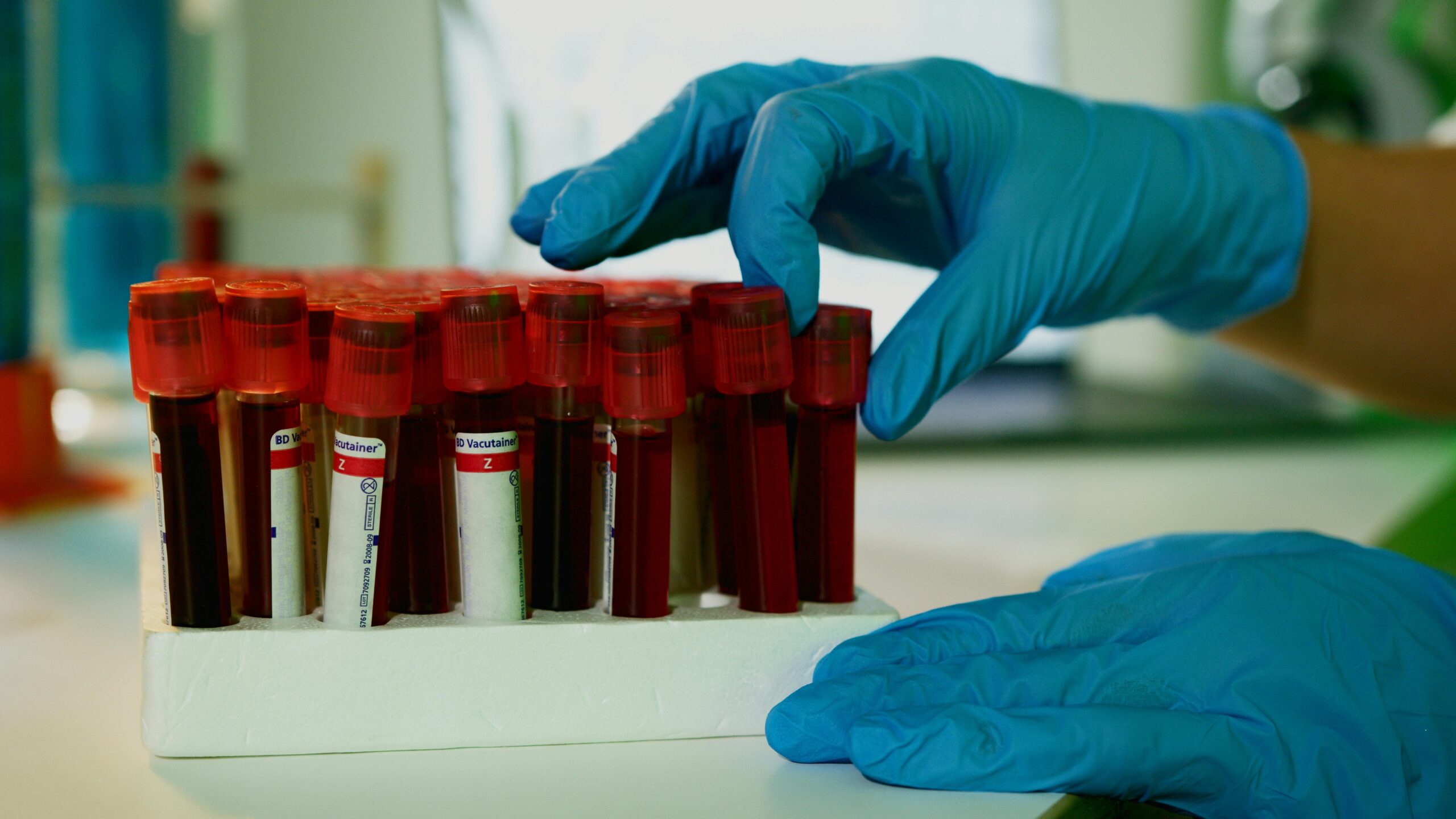Forensic pathology is one of the most popular medical specialties that combines pathology with criminal investigations. The specialized field of medicine focuses on determining the cause of death by examining a dead body and performing post-mortem examinations. Forensic pathologists, also called medical examiners, are doctors who perform autopsies and analyze injuries, disease, and toxicology reports to figure out how someone died.
Basically, forensic pathologists are crucial in criminal investigations when there is a suspicious or unexplained death. They are the ones who turn what a body tells them into evidence that can help solve cases.
Becoming a forensic pathologist involves a long, challenging educational path, including an MD degree from a top medical school, a pathology residency, and a forensic pathology fellowship. If you are interested in forensic pathology and want to become a forensic pathologist, here is a comprehensive guide that outlines the education and training requirements and career opportunities.
Forensic Pathology – A Detailed Overview
Forensic pathology is a medical specialty that focuses on determining the cause and manner of death, especially in cases of suspicious, sudden, or unexplained deaths. Forensic pathologists are physicians who perform autopsies, study injuries, and interpret medical findings to assist legal investigations. Medical examiners analyze lab tests to discover the cause of death, collect evidence from living patients and complete the appropriate paperwork.
What do Forensic Pathologists Do:
- Perform autopsies to determine the cause of death – natural, accident, homicide, suicide, or undetermined.
- Collect evidence from the body, like bullets, fibers, or DNA.
- Study time of death, which can be estimated using body temperature, rigor mortis, and other factors.
- Testify as expert witnesses in court.
- Work closely with law enforcement and legal teams.
- Examine wounds or trauma to see how they happened.
How to become a Forensic Pathologist?
Education & Training Pathway
Becoming a forensic pathologist takes about 13-15 years of education and training after high school.
- Undergraduate Degree (4 years)
Earning a bachelor’s degree in biology, chemistry, or a related pre-med field is the first step to becoming a forensic pathologist. Maintaining a strong GPA and completing your pre-med requirements is important to get admitted into a top Caribbean medical school.
- Medical School (4 years)
Attend an accredited medical school to earn a four-year MD degree. The first two years of medical school focus on classroom-based studies while the last two years involve clinical rotations in various specialties.
- Residency in Pathology (3-4 years)
After completing a medical degree, students are required to complete a residency in anatomic pathology or anatomic and clinical pathology in order to become a forensic pathologist. Anatomic pathology residency usually lasts for three years; however, an additional year of training is required to complete residency in clinical pathology.
- Forensic Pathology Fellowship (1 year)
After residency, complete a 1-year forensic pathology fellowship to learn more about forensic pathology. During the advanced training, you will gain hands-on experience with autopsies, toxicology, trace evidence, crime scene investigations, DNA technology, and legal testimony.
- Board Certification
Physicians who successfully complete the residency and medical fellowship in forensic pathology, are eligible to apply to the American Board of Pathology for board certification in forensic pathology. Pursuing your board certification increases your career prospects and makes you a more qualified candidate for the role of medical examiner.
Career Opportunities
For students studying forensic pathology, there are a variety of career opportunities—both directly within the field and in related areas. Forensic pathology is an amazing field that opens the door to a career that’s both scientifically rigorous and socially impactful. While forensic pathology is a highly specialized branch of medicine, the skills and knowledge you gain can open multiple doors. Forensic pathologists have numerous career opportunities available in:
- Medical examiner or coroner’s offices
- Forensic laboratories
- Academic institutions for teaching or research
- Consulting for law enforcement or legal teams
- International agencies such as humanitarian missions, disaster victim identification
Here is a list of some forensic pathology job options:
Academic and Research Careers
Some forensic pathologists work in medical schools or universities and responsible for:
- Teaching medical students and residents
- Conducting research in forensic science, pathology, or public health
- Publishing case studies or forensic innovations
Medcal Examiner
This is the main path most students aim for. After all the training, you become a board-certified forensic pathologist, responsible for:
- Performing autopsies
- Determining cause and manner of death
- Attending crime scenes
- Testifying in court as an expert witness
Legal and Consulting Work
As a forensic pathologist, you can choose to perform legal and consulting work:
- Serving as expert witnesses in civil or criminal trials
- Consulting for attorneys, insurance companies, or private investigators
- Providing independent autopsies or second opinions in controversial cases
Forensic Toxicologist
You can also work as a forensic toxicologist and responsible for:
- Specializing in identifying drugs, alcohol, and poisons in the body
- Working in labs or with law enforcement
Death Investigator or Medicolegal Investigator
You can work as a death investigator and medicolegal investigator and who are the first one to examine a scene and gathers info to assist the forensic pathologist. Working as a death investigator doesn’t always require an MD but forensic training is a must.
Public Health and Epidemiology Roles
You are also eligible for performing various public health and epidemiology jobs and responsible for:
- Analyzing patterns in deaths for public safety
- Investigating disease outbreaks or environmental hazards
Disaster Victim Identification (DVI) Specialist
After completing an MD degree and forensic training, you can work as a DVI specialist who:
- Works in mass fatality incidents (natural disasters, plane crashes)
- Identifies bodies using forensic methods such as dental, DNA, skeletal analysis
Government Agencies:
There are many job opportunities available for forensic pathologists in different departments, including:
- Local/state departments of health
- FBI, CIA, or Department of Justice
- Military Forensic Services such as armed forces medical examiner system
Private Practice:
Some forensic pathologists establish their own practices, working as consultants in legal cases or providing expert testimony.
Is Forensic Pathology Right for You?
Forensic pathology is an interesting medical specialty, giving prospective medical students a great opportunity to conduct autopsies and work on a variety of criminal cases. You can thrive in forensic pathology if you:
- Enjoy solving puzzles and determining the cause of death.
- Aren’t squeamish about death or dissection.
- Like working independently and writing detailed reports.
- Have a strong interest in both medicine and criminal justice.
Key Skills and Attributes
If you are interested in the field of forensic pathology, you must polish these skills to work in this dynamic field of medicine.
- Scientific Expertise:
A strong foundation in anatomy, physiology, and pathology is essential for interpreting findings and providing expert opinions.
- Analytical Skills:
The ability to collect, analyze, and interpret evidence is crucial for accurate determinations of the cause and manner of death.
- Communication Skills:
Effective communication with investigators, legal professionals, and the public is necessary for presenting findings and explaining complex issues.
- Attention to Detail:
Forensic pathology requires meticulous attention to detail in all aspects of the investigation.
Conclusion
Forensic pathology is a highly specialized and challenging medical field that combines medicine, investigation, and puzzle-solving. It is a great field for those students who love biology, anatomy, pathology, and lab work. Job stability for forensic pathologists is strong, and you can find many career positions in government, academia, or public health. To prepare for a career in forensic pathology, early preparation for medical school is crucial. Apply today and start your career as a forensic pathologist.







